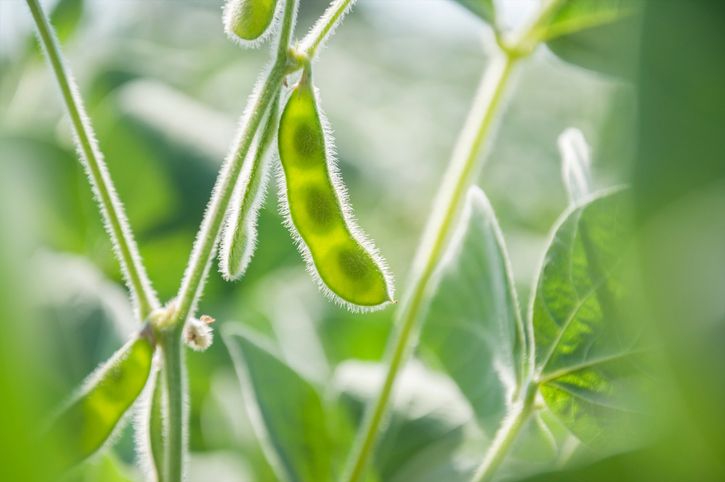Traceability continues to be an area of interest for various stakeholders in the agrifood supply chain, particularly after Covid-19 raised questions about the safety of our food system.
“We are solving a verification problem, which is to understand and unbox how crops are being produced from seed to harvest for a world demanding more sustainable and food security practices,” Diego Hoter, CEO and co-founder at ucrop.it, told AFN.
The Buenos Aires-based startup recently announced it had raised $1.1 million in a seed round led by Closed Loop Partners and agrifoodtech accelerator The Yield Lab LatAm. Yugen Partners, a New York venture capital fund specializing in blockchain, and Red Surcos, one of the main distribution companies of agricultural supplies and services in Argentina, also participated alongside several other strategic investors.
The Yield Lab LatAm first met the ucrop.it team two years ago when they joined its accelerator program. Extensive knowledge of the agriculture industry and a strong tech team made the decision to invest easy, according to The Yield Lab LatAm principal Camila Petignat.
“The team has already validated the concept with a lot of pilots in Argentina,” she told AFN. “They have proven that they are actually able to align incentives between farmers and buyers in the ag value chain to get the farmers to start thinking about sustainable practices. [It] was very, very powerful to witness that progress.”
Ucrop.it aims to connect producers with downstream players, and enables them to agree on sustainable crop production objectives. The app-based platform uses blockchain technology for traceability and confidential cryptographic storage to protect producers’ information.
The grower decides which downstream companies get to see their crop cycle information in the form of a blockchain-recorded log. These prospective customers provide the growers with better payments in exchange for being able to vet their sustainability practices.
But it isn’t a marketplace, according to Hoter.
“We integrate the value chain actors through a digital ecosystem that can be traced live throughout the crop cycles, regardless of size – whether it is a hundred hectares or millions of hectares, with a few or a thousand growers,” he said.
The ultimate goal is to help producers using various sustainability practices to receive better prices, offering them incentives to share information generated by their operations. Downstream corporate customers — including commodity processors, seed and biotech companies, inputs and service dealers, and financial institutions — pay for access to the platform. It’s a freemium service for the farmers.
Ucrop.it is working on a sustainable soybean ecosystem which will offer better crop values and crop financing for Argentinian stakeholders, and the project is nearing 200,000 hectares coverage. The long-term plan is to add carbon sequestration metrics to boost the ecosystem’s sustainability footprint.
The startup will use its seed funding to expand its presence in soybean, cotton, corn, and wheat farming. Beyond Argentina, its main target markets are Brazil, Mexico, Paraguay, and the US.
“We see ucrop.it as a broadly applicable, first-mile data input source that can integrate with other supply chain technologies and provide value to multiple stakeholders,” Danielle Joseph, executive director of Closed Loop Partners, told AFN.
“Uploading accurate, real-time data from the farm is the critical first step to creating a traceable, flexible, and equitable agricultural supply chain. It’s common knowledge about data ledgers: if you put bad data into it, you get bad insights out of it.”
Another South American startup using blockchain to shed more light on the food supply chain is Brazil’s Ecotrace. It secured 3 million reals ($577,000) in funding from São Paulo-based VC firm KPTL last month.
As to how it fits into the wider agrifoodtech space, Hoter describes ucrop.it as operating similarly to Farmers Business Network. He hopes to have 1 million hectares on the platform within the next couple of years – and he is banking on the startup’s win-win value proposition for growers and buyers to get there.
“We provide visibility for our corporate customers and we help our growers gain more value in the process,” he said.





